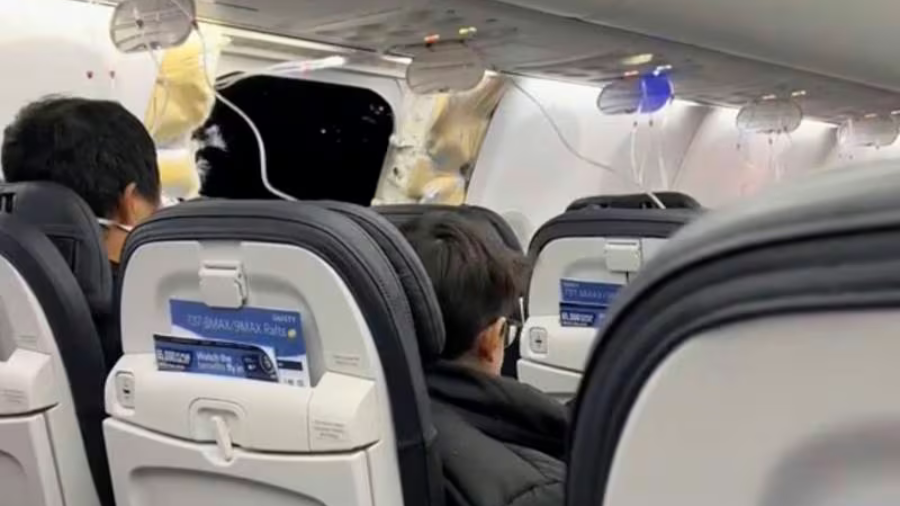A high school teacher warns colleges about the Class of 2013
Mar 14, 2013, 5:07 PM | Updated: Mar 16, 2013, 8:20 pm

The Class of 2013 was in third grade when the federal No Child Left Behind law went into effect. A former high school teacher apologizes to college professors for sending them students who are very bright, but not prepared for intellectual challenges. (Facebook photo of a senior class from Maryland)
(Facebook photo of a senior class from Maryland)
As the University of Washington sends out its college acceptance letters today, a high school teacher writes an open letter to professors everywhere apologizing for the class of 2013.
“I have just retired as a high school teacher. I have some bad news for you,” says Kenneth Bernstein. “In case you do not already see what is happening, I want to warn you of what to expect from the students who will be arriving in your classroom, even if you teach in a highly selective institution.”
Bernstein was a teacher in the Washington, D.C. area who spent 13 of his 17 years in the same high school. He notes something special about the class of 2013 – my daughter’s class – the No Child Left Behind law went into effect when these seniors were in third grade. Their class has felt the full extent of the law’s testing requirements.
“As kids started arriving after a couple years of No Child Left Behind, they were starting to arrive in our high school in 9th grade without having meaningful social studies,” he says. “Social studies was not tested, so increasingly in districts and schools that were worried about their test scores they started sliding away from stuff that was specific to a content area to preparation for the testing.”
He saw students, even in advanced classes, who didn’t have a grasp of American history, world history, geography, and civics or government because those subject areas weren’t included under the “adequate yearly progress” for schools.
With test scores serving as the primary measure of student and teacher performance, anything not being tested has been given “short shrift” for the Class of 2013.
State tests are a problem too.
“I look particularly at the very, very bright kids I had in AP (advanced placement classes) and I found myself between a rock and a hard place. They’re going to have to take the AP exam, therefore, I have to teach them how to write badly,” he says.
Careful, quality writers put a lot of work into their topic sentence of an essay. But, as someone who has graded the AP exams, he says students don’t get any credit for that. Once again he found himself having to “teach to the test.”
Bernstein says he wanted his students to be critical thinkers, and many of them are, but he wishes he could have done more. He couldn’t simultaneously prepare them to do well on tests and teach them to write in a fashion that would properly serve them at higher levels of education.
Many teachers, who entered the profession to make a difference in students’ lives, are leaving sooner than planned because testing policies are increasingly restricting how and what they teach.
He also asks of college professors, “Please do not blame those of us in public schools for how unprepared for higher education the students arriving at your institutions are. We have very little say in what is happening in public education.”
Our schools are structured for the convenience of adults, he says, not for what makes the most sense for students.
“If we really want our schools to be effective we’d step back and rethink the entire system, Bernstein says.
The way the school system is set up is based on tradition, and does not take into account the fact that children don’t all learn at the same ages, in the same ways.
While schools in the U.S. are considering extending the class day and class year, the trend in South Korea and Japan is to cut back on the number of hours of school.
Members of the class of 2013, arriving on college campuses this fall, “may be very bright,” but they’re not prepared for the kind of intellectual work and critical thinking the professors expect of them.
“It is for this that I apologize, even as I know in my heart that there was little more I could have done,” says Bernstein, “which is one reason I am no longer in the classroom.”
By LINDA THOMAS












